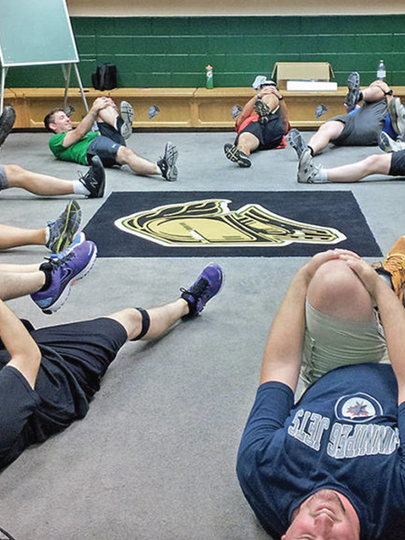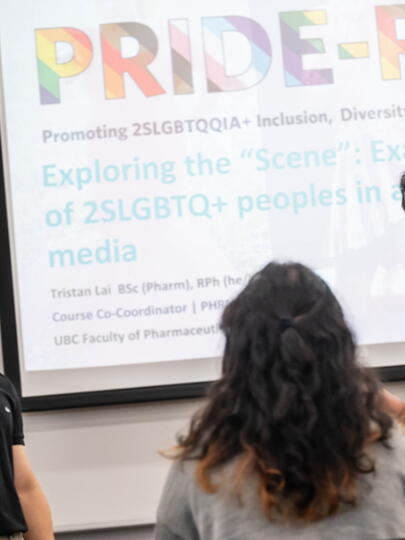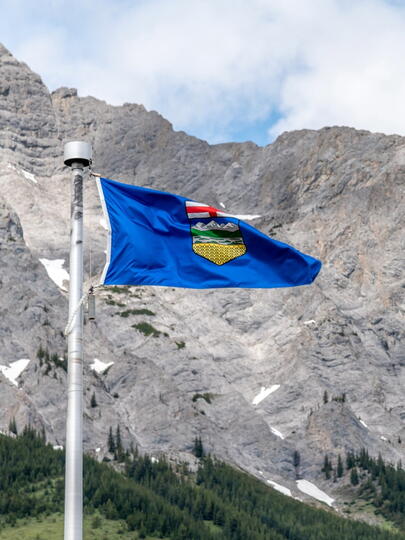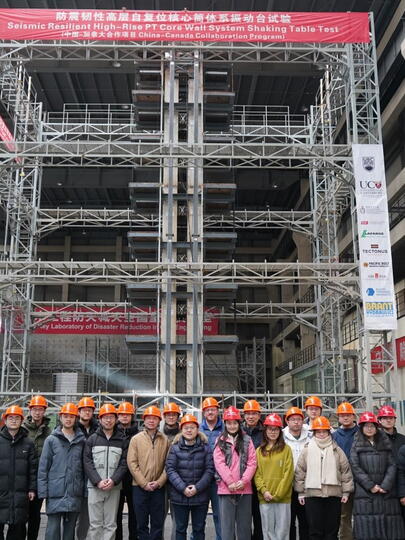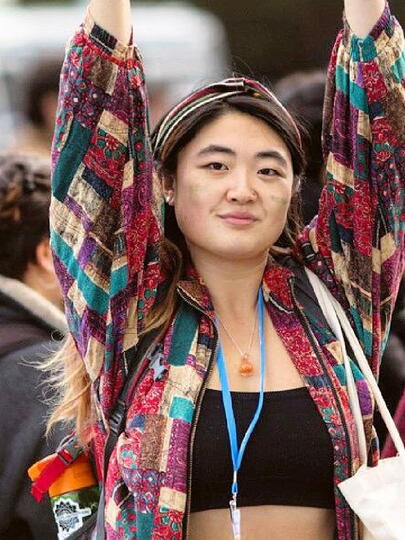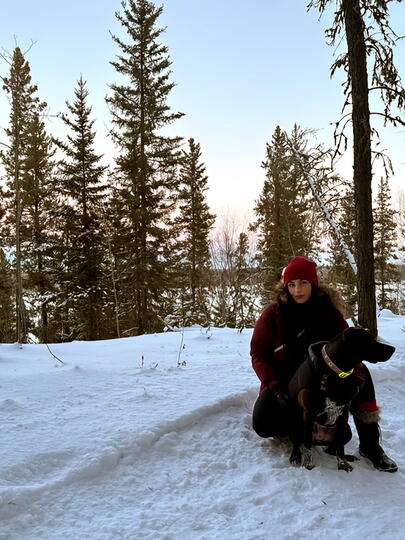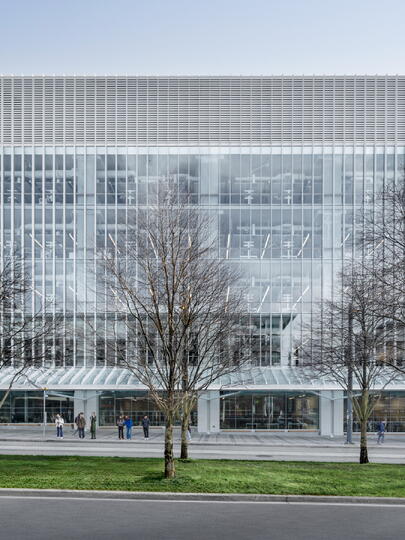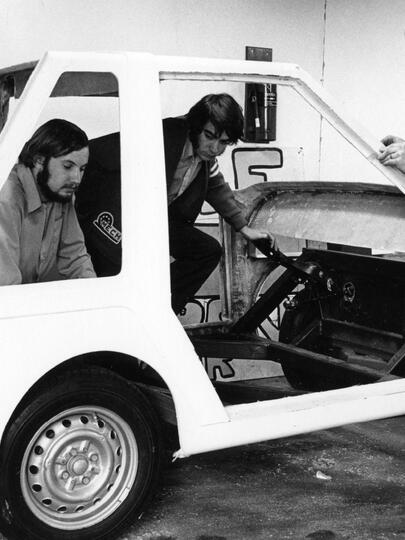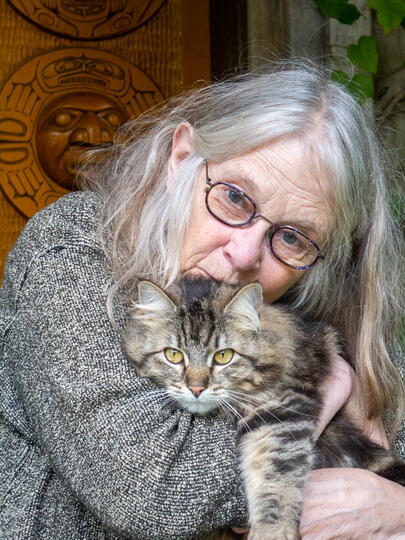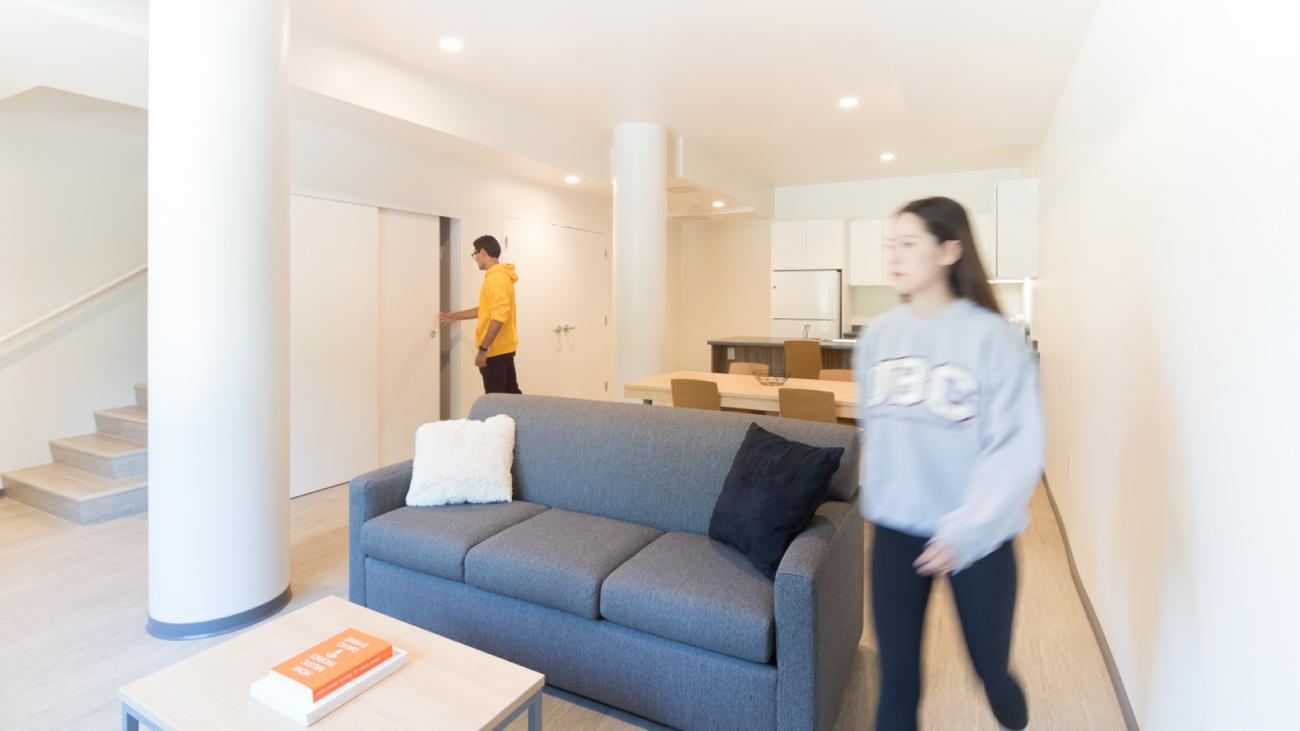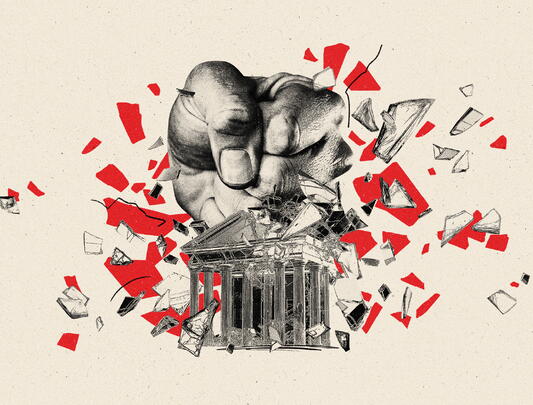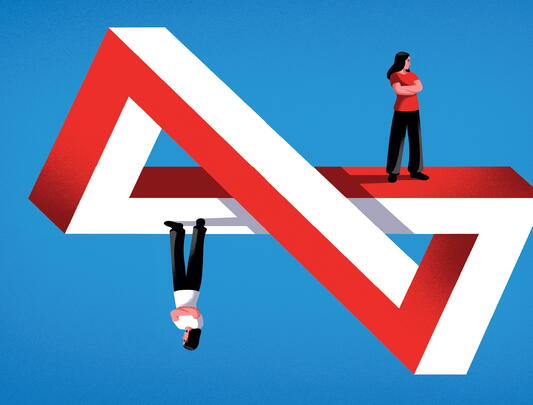UBC’s “Great Shuffle”: Thousands of students’ rooms cleaned in one week
Packing, hauling, cleaning. Moving is not most people’s idea of an enjoyable hobby.
Now imagine more than 7,000 students in Vancouver and 2,100 in the Okanagan moving out of, or switching, rooms in UBC residences and the enormous job of cleaning and readying those rooms, residence common areas, and dining halls for new and returning students, summer conference delegates, and hostel guests — most in the space of a week. To put that number into context, the town of Revelstoke, B.C., has an entire community population of 7,700. It’s also 3,800 more students than can fit into UBC’s Doug Mitchell Thunderbird Arena.
This annual logistical exercise, aptly and fondly known on UBC’s Vancouver campus as the “Great Shuffle,” takes place in late April to early May. It’s all because winter session (September to April) and year-round residence contracts (May to the following April) expire at the same time, meaning some students are leaving for the summer, or for good, while others are transferring to a different room on campus.
UBC provides more on-campus student housing than any university in Canada and is one of the largest in North America, with 15,300 student beds on both the Vancouver and Okanagan campuses — which means thousands of rooms to clean and prepare. In the Okanagan, one residence building is set aside for forest firefighters over the summer fire season.
“It’s a busy time with all hands in rubber gloves and on deck,” says Lakshmi Sangaranarayanan, director of student residence with Student Housing and Community Services (SHCS) at UBC Vancouver.
“It takes literally hundreds of housekeepers and supervisors to clean and inspect rooms to make them ready for new residents. There’s an established, complex choreography involved. Some might call it organized chaos. We just call it organized.”
While cleaners and supervisors work as hard as possible to shine up residence rooms, it’s not always easy.
“We work as hard as possible to catch everything, but it’s simply not possible to be perfect,” Sangaranarayanan says. “Sometimes, despite our team’s best efforts, rooms are left in a less-than-ideal state. Any student who sees issues with their new room should let us know right away so we can correct them.”
There’s also the issue of what students leave behind.
“We find everything and anything you can imagine, from refrigerators full of food, to closets of clothes, big screen TVs, cell phones, appliances, even cash,” says SHCS facilities manager Ricky Biring. “You name it, we’ve found it left behind.”
Biring recalls situations where a resident appeared to have simply walked out the door, leaving behind all possessions, down to shoes and socks.
“For us, the Great Shuffle challenges processes and systems to be a little more agile than they usually are,” he says. “I think it is a time that flexes our commitment to be mindful of the responsibility we have to our outgoing residents, our ‘shuffling’ residents, our incoming residents, but also the space they live in or around, and the items they leave behind.”
To mitigate the burden of abandoned items, and the impact on the environment from simply throwing them away, for many years now UBC has run the the Mindful Move Out campaign. Starting in early April, students on both campuses are encouraged to start thinking about their belongings and what they want to keep, donate or recycle.
Items that are abandoned are bagged and stored for 90 days before they are diverted to the donation streams.
This year, there are six different donation streams at UBC Vancouver — electronics, clothing, shoes, household items, books, non-perishable food, and menstrual products, with the addition of cleaning supplies, sports equipment, and linens also accepted at UBC Okanagan. Food will be directly donated to the Alma Mater Society (AMS) Food Bank and Students' Union UBC Okanagan (SUO) Pantry to benefit students and staff at UBC.
The university works with a contractor to sort out the remaining items and decide which ones to clean and reuse. For the cleaned and reusable items, UBC typically runs a resale store in collaboration with the UBC Sustainability office in September so students can buy them at a minimal price. Anything left over is donated to charities.
To help avoid last-minute moving chaos, students living in residence are encouraged to make a plan and follow the steps outlined in UBC’s Mindful Move Out campaign.

